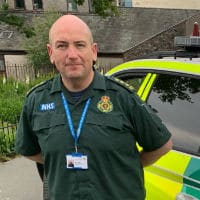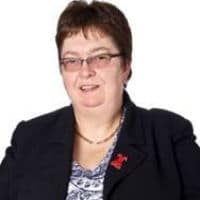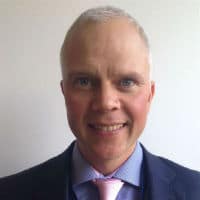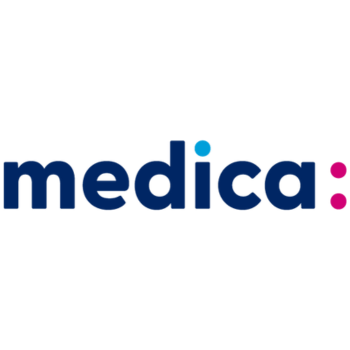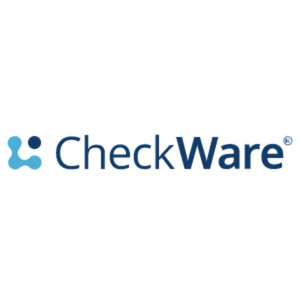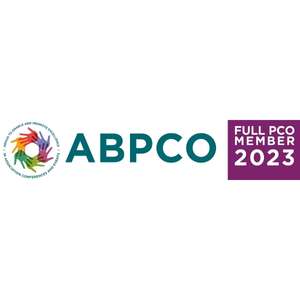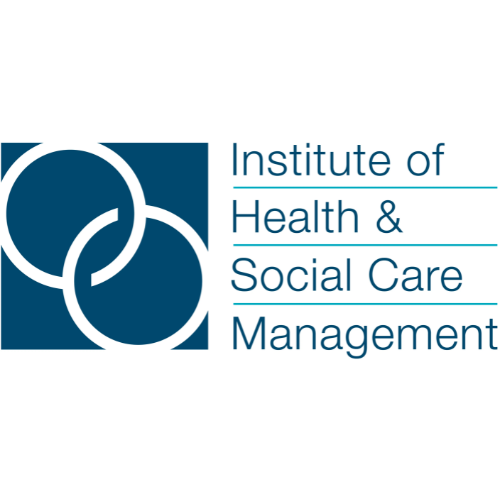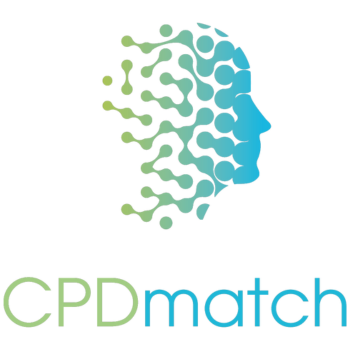The programme
Registration, Networking & Breakfast
09:10
Professor Elizabeth Hughes
Deputy Medical Director
Health Education England
Chair
Professor Liz Hughes (Confirmed)
Regional Director and Dean or Education and Quality, London and South East at Health Education England
09:15
Dr Reena Basu
Health Education Leadership Fellow
Health Education Leadership Fellow
Dr Reena Basu (Confirmed)
Health Education England Fellow at Yorkshire and Humber NHS Foundation Trust
“The Ambulatory Care Experience (ACE): Keeping Sick Children Out of Hospital”
Nationally, children account for 20-30% of emergency department assessments. However, 90% of patients are discharged home after initial assessment or observation. The Ambulatory Care Experience (ACE) service receives referrals from primary and secondary care and delivers quality urgent care safely at home. The service is delivered by nurses with remote paediatric consultant input.
09:35
Dr Mark Harmon
Chief Brand & Strategy Officer
eConsult
Krista Burslam
Clinical Director for Urgent Care
eConsult
Case Study
Dr Mark Harmon and Krista Burslam (Confirmed)
Strategic and Brand Director and Clinical lead for Urgent Care at eConsult and NHS Clinical Entrepreneur
“A New Journey, Bexley CCG”
With increasing attendances and growing demand on Urgent Care and Emergency Departments, the current situation is cause for concern. We also know that many attendances could be directed to more appropriate health provision, taking pressure off the system.
We have developed a solution currently piloted across 240,000 patients in Bexley CCG (SE London) with the aim to remotely sign post patients from home to the right place for their symptoms, and to digitise their journey once at the ED.
Katie Roebuck (Confirmed)
Head of Urgent Care, Service Delivery & Transformation for NHS Wakefield & North Kirklees CCG’s
“CCG Case Study”
NHS Wakefield Clinical Commissioning Group plans and pays for local health services in the Wakefield district. The CCG is made up of 37 GP practices and covers a population of over 360,000 patients. Led by GPs and nurses, we work together with patients and GP practices in the area to ensure the right NHS services are in place to support the health and wellbeing of the local population.
Our population includes some of the most deprived neighbourhoods in the UK. Twelve out of the 21 wards in our area are in the UK’s 25% most deprived and life expectancy is below the national average. There are also above average levels of teenage pregnancy, obesity and smoking-related illnesses such as heart disease, stroke and cancer.
The Mid Yorkshire system, serves a population of 560,000 covering both the North Kirklees and Wakefield Districts. Wakefield and North Kirklees Clinical Commissioning Groups work with their social care and voluntary sector partners to commission providers to deliver urgent and emergency healthcare.
The Mid Yorkshire System sits within the West Yorkshire and Harrogate Sustainability and Transformation Partnership (STP). Local NHS organisations, councils, charities and partner organisations work closely together to make improvements to the health and social care system. As part of this work, a specific programme, the West Yorkshire Urgent and Emergency Care Network (WYUECN), co-ordinates improvements for urgent and emergency care across the West Yorkshire region.
Q & A
Morning Break, Networking & Refreshments
Chair
Professor Liz Hughes (Confirmed)
Regional Director and Dean or Education and Quality, London and South East at Health Education England
11:35
Dr Haidar Samiei
Clinical Director
EMIS Health
Case Study
Haidar Samiei (Confirmed)
Clinical Director for EMIS Health
“Patient Flow: Data for patients, clinicians, managers and executives”
11:55
Ben Logan
Antimicrobial Management Pharamacist
St. Helens and Knowsley NHS Teaching Hospitals
Case Study
Ben Logan (Confirmed)
Antimicrobial Management Pharmacist for St. Helens and Knowsley NHS Teaching Hospital
Correvio
“Renegineeering the clinical pathway for the complex micro’ patient”
Understanding the challenges that complex patients present to our clinical teams and how we have started to change the way these patients are managed
12:15
Dr Rebecca Payne
National Professional Advisor on Urgent and Emergency Care
CQC
Dr Rebecca Payne (Confirmed)
National Professional Advisor on Urgent Primary Care at CQC
“CQC’s view on urgent primary care”
CQC’s clinical lead for urgent primary care (111/OOH/Urgent treatment centres/Streaming services) will share key findings from the CQC inspection programme of the sector.
12:35
Rob O’Neill
Head Of Information
University Hospitals of Morecambe Bay NHS Foundation Trust
Sean Price
EMEA Director of Industry Solutions
Qlik
Case Study
Sean Price & Rob O’Neill (Confirmed)
EMEA Director of Industry Solutions & Head Of Information – Qlik
“Qlik Sense Command Centre”
Project Description – Delivery of a new data-driven Command Centre for that will allow the real-time tracking, and analysis, of patients on an emergency care pathway throughout Morecambe Bay Hospitals and wider care system.
Goal for Health and Social Care – To provide a blueprint for care system digitally-driven Command Centres and to foster the sharing of similar ideas, methodologies and technologies both within the UK and internationally.
Expected benefits include:
– Optimised pathway management – Improved throughput – Live bed state – Improved data quality – Organisational reputation
Successes Experienced and Anticipated:
– Physical Command Centre implementation – Synchronous mobile analytics – Friction-less user experience – Robust security model – ensuring patient privacy is integral to the design specification.
Q & A
Lunch & Networking
Chair
Professor Liz Hughes (Confirmed)
Regional Director and Dean or Education and Quality, London and South East at Health Education England
Ruth Twiggins (Confirmed)
Senior Manager in the Personalised Care Group at NHS England and Improvement
“Using Personalised Care approaches to reduce urgent care demand”
This presentation will briefly introduce the Universal Model of Personalised Care and then outline examples of how person Centered and community Centered approaches
can increase peoples knowledge skills and confidence to engage in and manage their own health and wellbeing and reduce avoidable emergency admissions and crisis interventions
Helen Byrne (Confirmed)
Director of Bed Management and Patient Flow at Buckinghamshire Healthcare NHS Trust
“NHS Case Study”
14:45
Aidan Rawlinson
Programme Manager
NHS Benchmarking Network
Aidan Rawlinson (Confirmed)
Programme Manager for NHS Benchmarking Network
“Key Findings from the NHS Benchmarking Network Emergency Care benchmarking project“
The Emergency Care project reviews the provision of Accident and Emergency services (Type 1&2) as well as alternative community based services such as Walk-In Centres, Urgent Care Centres and Minor Injuries Units (Type 3). The project includes profiling of service models, access and waiting, infrastructure, activity, workforce, finance, quality and outcomes.
15:05
Andrew Ormerod
Clinical Lead/AP for Urgent Care Practitioners
North West Ambulance Service
Andrew Ormerod (Confirmed)
Clinical Lead/AP for Urgent Care PractitionersNorth West Ambulance Service
“Urgent Care Practitioners – Transforming Patient Care in the Community”
The presentation will discuss how the North West Ambulance Service NHS Trust’s Urgent Care Department and the Transformation Team supported a Pilot of Urgent Care Practitioners to become the forward facing clinical model for the future. Delivered by the clinical lead for the practitioner programme, Andrew will explain how this multi-professional role has demonstrated that it can be used successfully as a model within Ambulance Services and how this is aligned with the work done within the Association of Ambulance Chief Executives around how Ambulance Services support and drive forward a multi-professional workforce using clinical supervision, supported learning and technical innovation in practice.
Q&A, Prize Give Away, Refreshments & Close of Day



